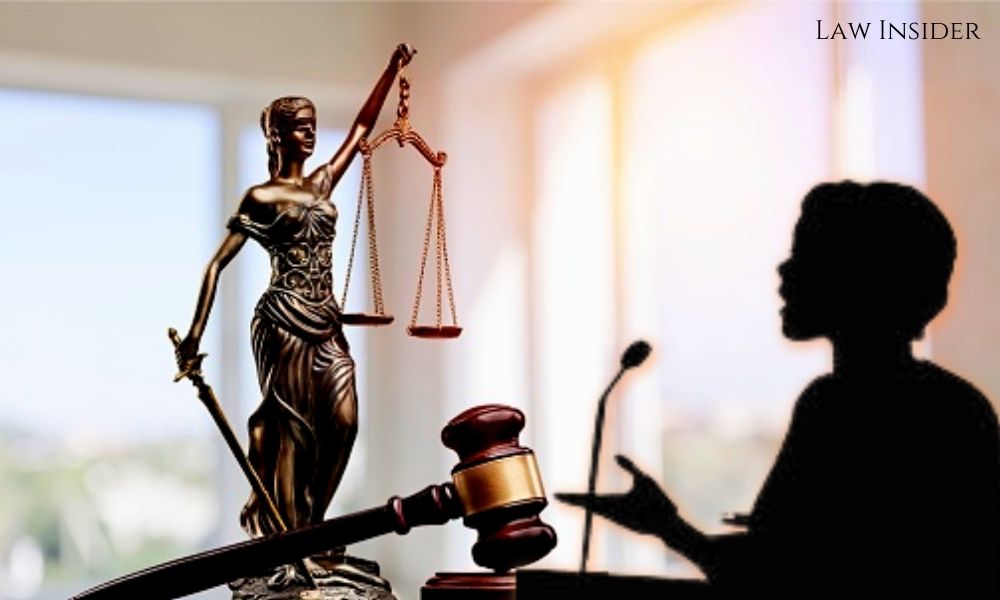LI Network
Published on: 21 September 2023 at 15:42 IST
The Supreme Court has recently reaffirmed the significant value of eyewitness accounts within criminal trials, emphasizing their importance even when inconsistencies exist with medical evidence.
Court cited legal precedents such as Darbara Singh v. State of Punjab 2012 and Anvaruddin v. Shakoor 1990, the Court stressed the weight carried by eyewitness testimonies in establishing the sequence of events.
In this specific case, the Supreme Court bench, comprising Justices Aniruddha Bose and Bela M Trivedi, heard an appeal against a Gujarat High Court judgment that had overturned a trial court’s acquittal.
The appellant faced charges under Section 302 of the Indian Penal Code (IPC) for the murder of Jayantibhai on July 10, 1995. The case centered on the brutal killing of Jayantibhai, with the prosecution relying on the eyewitness account of Parvatiben (PW2) and the dying declaration of the deceased’s brothers, PW4 and PW5.
Initially, the trial court had acquitted all three accused individuals primarily based on medical evidence. However, the High Court reversed this acquittal, holding the appellant accountable. The appellants then approached the Supreme Court.
Advocate Mr. D.N. Ray, representing the appellant, pointed out discrepancies in the manner in which the knife injuries were allegedly inflicted and in the identification of the weapon used in the assault. He argued that the medical evidence suggested that the knife in question could not have caused the fatal injury.
The Supreme Court criticized the trial court’s overemphasis on minor contradictions in witness statements while disregarding the overall testimony of prosecution witnesses. It asserted that the contradictions in the number of injuries should not undermine the prosecution’s case. Moreover, the opinion of the autopsy surgeon, suggesting that the fatal injuries could not have been caused by the recovered knife, should not lead to the complete rejection of the prosecution’s case.
The Court cited the State of H. P. v. Lekh Raj (2000) judgment, emphasizing that it is common for different witnesses to provide slightly varying accounts of details. Unless these contradictions are materially significant, they should not be used to discredit the entire body of evidence.
The bench stressed that the evidence provided by eyewitnesses and post-occurrence witnesses was consistent and sufficiently supported the prosecution’s account of events.
In light of these considerations, the Supreme Court upheld the conviction and dismissed the appeal. It cautioned against undue reliance on speculative doubts when applying the benefit of the doubt principle, citing Gurbachan Singh v. Satpal Singh (1990).
Consequently, the Court ordered the cancellation of the appellant’s bail bond and directed the appellant to surrender before the trial Court within four weeks.
Case Title: Rameshji Amarsingh Thakor v. State of Gujarat

